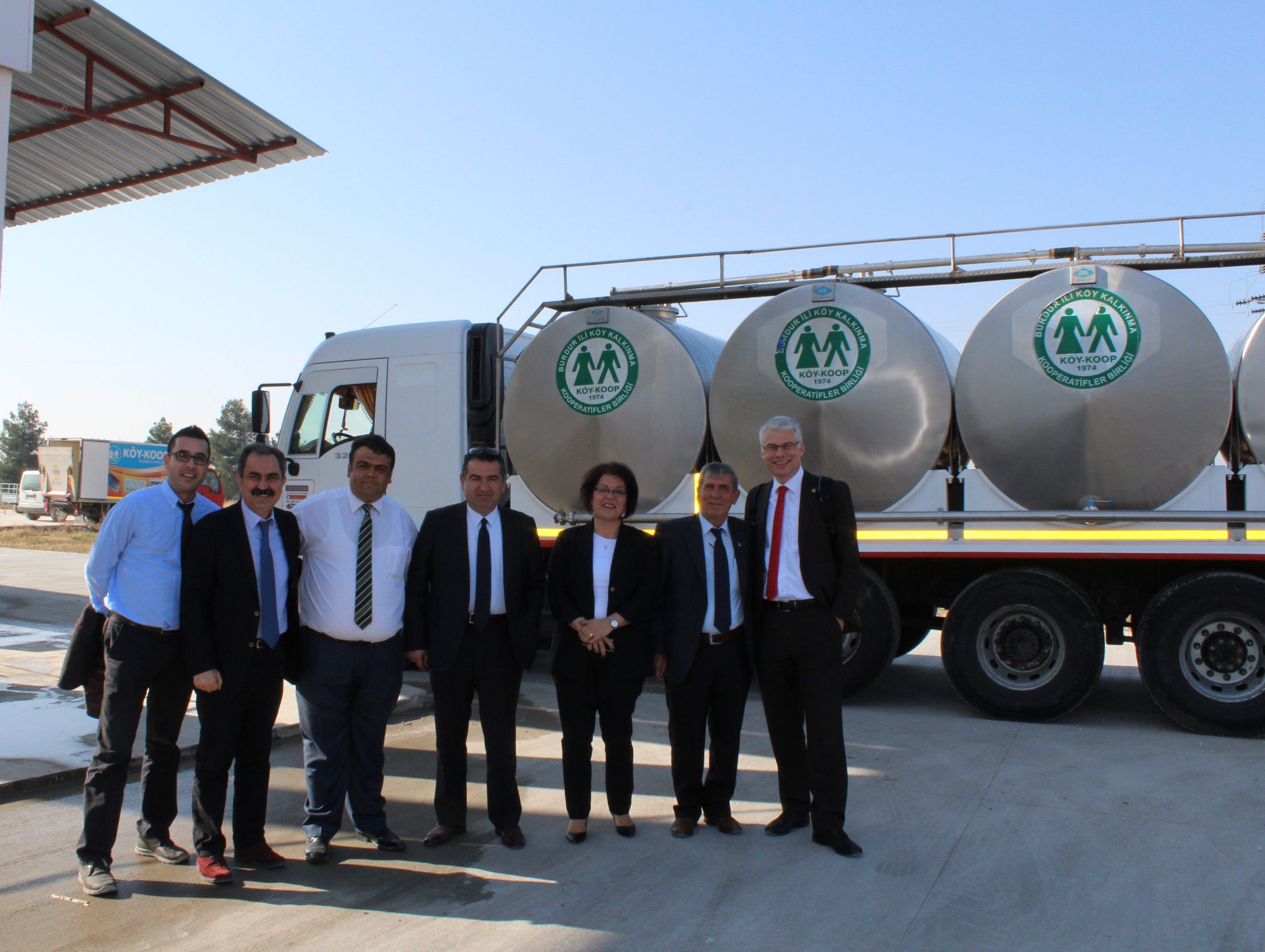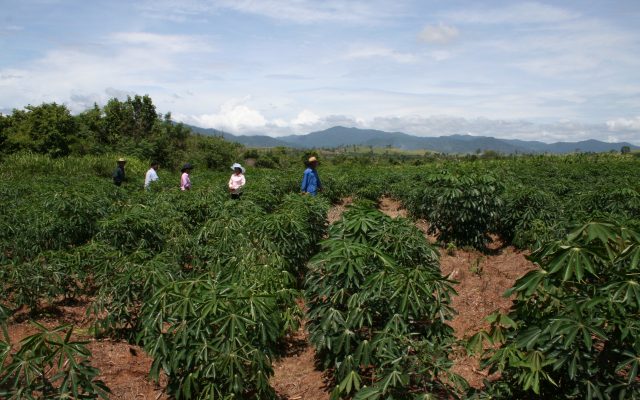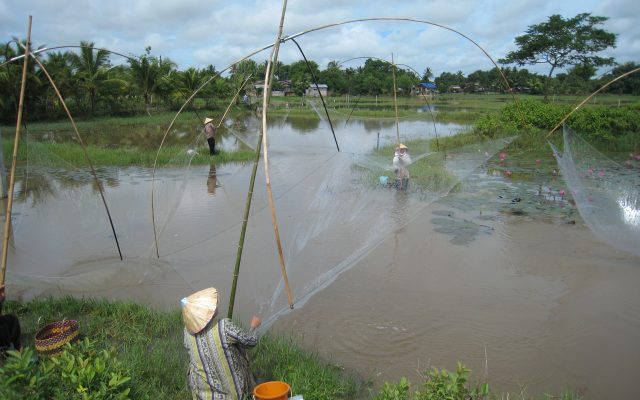

German-Turkish union co-operation to strengthen women and young skilled workers in agricultural cooperatives in Turkey
The agricultural structure in Turkey is dominated by family farms. It is characterised by small, highly parcelled land, whose competitiveness, despite high subsidies, is low by European standards. Cooperatives are regarded as an essential organisational model to strengthen the competitiveness of these small enterprises and to promote the necessary modernisation and market adjustment. Women play an important role, not only in the production, processing and marketing of agricultural products. In the families, they also take on the organisation and administration of the households and thus contribute to economic stability, for whom agriculture is often the only source of income.
Promoting equal participation by empowering women in agricultural cooperatives is crucial to realise the full potential of the agricultural sector in Turkey and to promote the sustainable development of rural areas. Despite the central role that women play in Turkish agriculture, there are still far-reaching challenges for their equality and equal opportunities. Women have less access to training and advice than men and are also underrepresented in management and specialist functions in agricultural cooperatives. The increased promotion of young (female) skilled labour in rural areas can, among other things, counteract the acute rural exodus. By organising themselves in cooperatives, women and young skilled workers can participate more in value creation in agriculture and generate additional income.
The union cooperation project, which started in January 2024, aims to empower women and young skilled workers in agricultural cooperatives and their association structures. In this way, the project contributes to the equal participation of women and young professionals in the further development of sustainable agriculture, food security and the improvement of living conditions in rural regions of Turkey.
The project has a duration of three years (2024 – 2026). It is financed by the Federal Ministry of Food and Agriculture under the Bilateral Cooperation Programme.
With its activities, the project contributes to several Sustainable Development Goals, especially to:
The participation of women and young professionals in the economic activities and decision-making bodies of agricultural cooperatives shall be strengthened through education, training and counselling activities in the cooperative sector and on relevant topics of transformation towards sustainable, (climate-) resilient agriculture. It is also expected that women and young professionals will increasingly act as change agents and mediators, which can promote the spread of sustainable agricultural practices in their immediate environment. DGRV’s main implementation partners on the Turkish side are the central associations of agricultural cooperatives HAY-KOOP and KÖY-KOOP. By advising these two central associations as well as four selected regional associations, their structures are to be supported in such a way that they can offer training and further education as well as advice/coaching for women and young professionals in primary agricultural cooperatives.
Sabine Lindenthal, Selahattin Kumlu
Ifakat Gürkan
Gürkan Iltus
Tarik Tekin
Political partners of the project are the Federal Ministry of Food and Agriculture of the Federal Republic of Germany and the Ministry of Agriculture, Food and Livestock of the Turkish Republic.
The implementing partner on the German side is the DGRV.
Partner organisations on the Turkish side are the two central unions KÖY-KOOP (Central Union for Village Development) and HAY-KOOP (Central Union of Livestock Cooperatives) as well as their regional unions in selected provinces.
And Sokak 8/10
06690 Cankaya
Ankara
 Asia
Asia In the past, people in Vietnam had low trust in cooperatives in general, which hindered the participation of new members. Many of the established cooperatives are facing weak governance and ineffective business. To strengthen the cooperative field, DGRV has been operating in Vietnam since the end of 1990s by providing support at all levels. The […]
More Asia
Asia With its country-wide programme in Cambodia, DRGV aims at promoting a functioning, multi-level cooperative system that enables cooperatives, and very specifically their farmer members to improve their individual economic situation. By promoting cooperative self-help, the project contributes to improving economic and social structures, strengthening civil society and reducing poverty. In Cambodia, DGRV is following a […]
More Asia
Asia With its country-wide programme in Lao PDR, DRGV aims at contributing to the improvement of the economic situation of farmers and micro-, small- and medium enterprises by strengthening self-help groups and cooperatives. The DGRV Team in Laos works on all three levels. On the Macro level the team advices the local partners, the Ministry of […]
More